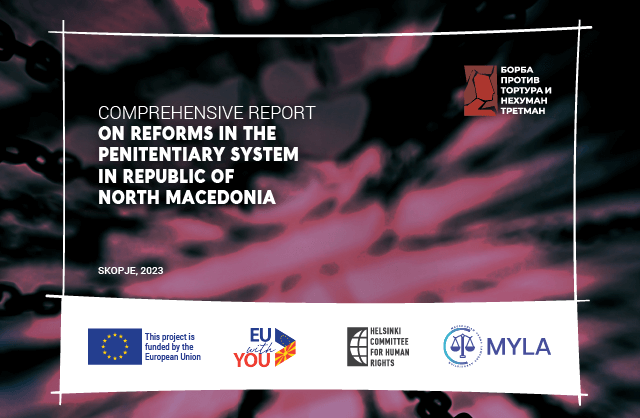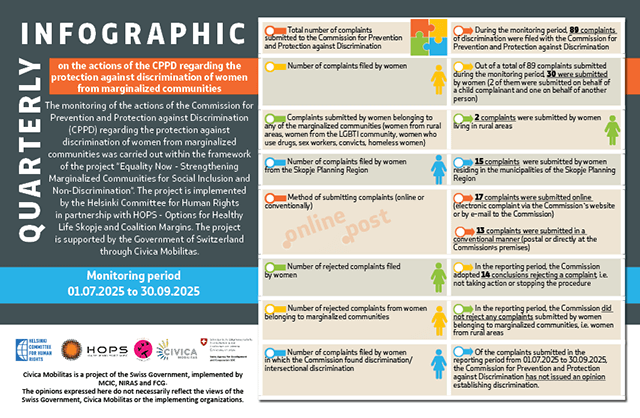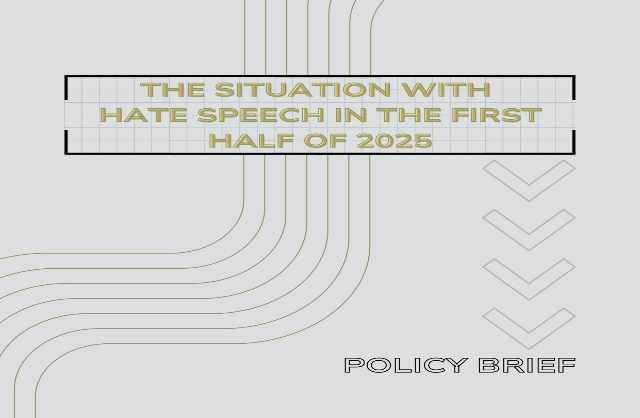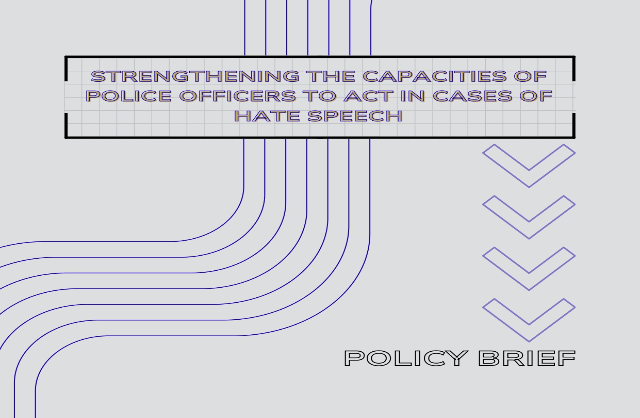COMPREHENSIVE REPORT ON REFORMS IN THE PENITENTIARY SYSTEM IN REPUBLIC OF NORTH MACEDONIA
January 25, 2024

In the context of penitentiary institutions, prison authorities have a general obligation to protect convicted persons from any type of violence, as well as from the excessive use of force. Torture, as a phenomenon present in penitentiary institutions, includes violence as an important aspect, but also a series of other factors, such as material conditions and the manner of acting in respect of the rights of convicted persons.
Violence in penitentiary institutions is a phenomenon that is difficult to determine, primarily due to its less frequent reporting. Often, reporting violence in correctional institutions is associated with retaliation. The situation in which convicted persons find themselves further complicates the decision to report, because they are deprived of their freedom and therefore must remain in the same institution with those who committed or are still committing violence, which, in turn, enables their revenge.
In order to strengthen the protection of the rights of convicted persons, as provided for in Article 3 of the European Convention on Human Rights, non-judicial means and preventive visits have been enabled. The European Convention on the Prevention of Torture and Inhuman and Degrading Treatment and Punishment was adopted to complement Article 3 of the European Convention on Human Rights. This is evident through the establishment of an independent committee of experts – the European Committee for the Prevention of Torture and Inhuman or Degrading Treatment and Punishment.
The rights of convicted persons, in accordance with the CPT and ECHR jurisprudence, are considered from several aspects under the scope of Article 3. These include accommodation conditions, hygienic conditions, clothing and bedding, nutrition, exercise and recreation, searches and control, transfer of convicted persons, medical care, and special regime in prison (use of solitary confinement).
Through its many reports on the situation in the penitentiary and correctional institutions in the Republic of North Macedonia, the CPT has identified deficiencies in terms of material conditions, certain practices that fall within the scope of torture, and several other key problems in the penitentiary system.
Furthermore, the need for external civil control has been noted by the CPT in its general and special reports since before 2018, pointing out that in many countries mechanisms for complaints either do not exist or are deficient. At the same time, the recommendation is that these should be external bodies to which convicted persons can directly submit their complaints.
With the amendments to the Law on Public Prosecution in 2018, a Specialized Department was established for the prosecution of crimes committed by persons with police powers and members of the prison police. This Department is also included in the new Law on Public Prosecutions from 2020.
With the amendments to the Law on the Ombudsman in 2018, the Ombudsman of the Republic of North Macedonia, together with the representatives of competent organizations (associations), within the framework of the Civil Control Mechanism, should take actions and measures to ensure support and protection of the victims and their rights and to represent their interests in all proceedings conducted in the bodies of the state administration, as well as in proceedings before the prosecutor’s office and the courts. This includes an efficient and transparent investigation of the actions of persons with police powers and members of the prison police for criminal acts during the performance of an official act and for criminal acts committed outside the service with the use of serious threat, force, or means of coercion resulting in death, serious bodily injury, bodily injury, unlawful deprivation of liberty, torture, and other cruel, inhuman, or humiliating treatment and punishment, if the law provides for criminal prosecution ex officio. However, this Mechanism is still not functional, although the call for the selection of the competent organizations that will be part of it was announced in February 2023, and the RNM Assembly made the decision to select two associations at its session held on November 2, 2023. Its non-functioning and the blocking of the adoption of a work methodology have persisted since 2019.


